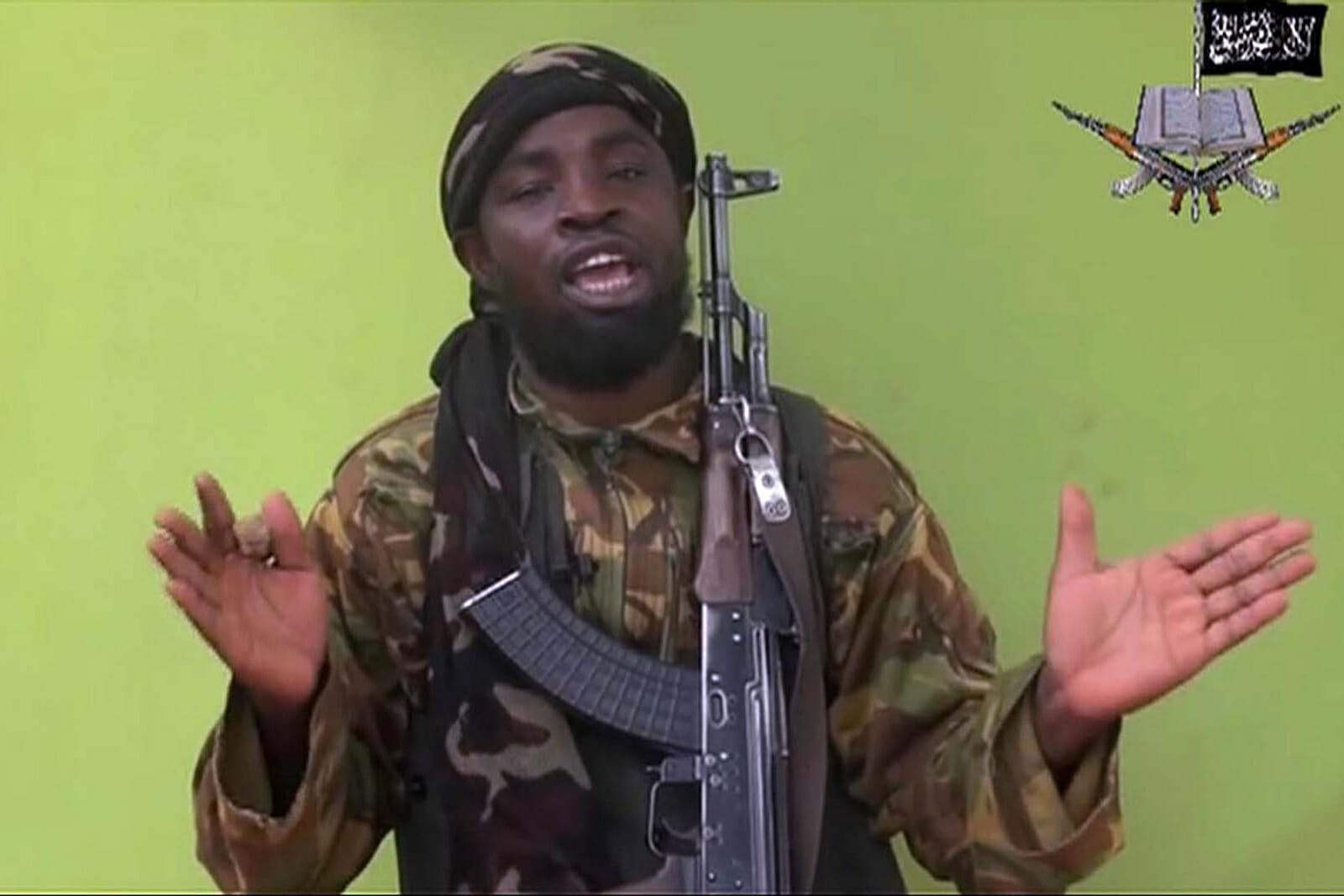
Boko Haram Brings Nigeria to the Brink of Collapse
“Boko Haram is a Nigeria-based militant group with links to al-Qa’ida in the Islamic Maghreb (AQIM) that is responsible for thousands of deaths in northeast and central Nigeria over the last several years including targeted killings of civilians.” – U.S. State Department
The people committed to the Propagation of the Prophet’s Teachings and Jihad, or Boko Haram as they are infamously known to the international community, has escalated its war on the Nigerian government in recent months with devastating effects. In January alone, the terror group’s attacks have already claimed over 250 lives, more than half of all deaths inflicted by their attacks in all of 2011. With a history of sectarian violence and recent bouts of civil unrest, Nigeria is on the path of collapse as it faces one of the deadliest Islamic insurgencies in the world.
Maiduguri, located in north-east Nigeria’s Muslim-dominated Borno state, is the birthplace of Jama’atu Ahlis Sunna Lidda’awati wal-Jihad, Boko Haram’s official nom de guerre.
Founded in 2002 by influential Muslim cleric Mohammad Yusuf, the group evolved from the leader’s mosque and madrassa members to a nation-wide threat aimed at establishing sharia law throughout Africa’s most populous nation. And despite security forces arresting and summarily killing Yusuf in 2009, the group has reignited its efforts under its new leader to destabilize the government of President Goodluck Jonathan.
Following Yusuf’s death, Boko Haram’s deputy leader, Abubakar Shekau took the reigns and has capitalized on the population’s growing discontent with the government’s handling of Nigeria’s economic woes, now coupled with its inability to prevent the group’s increasingly brazen terror attacks.
Boko Haram punctuated its threat on January 22 when gunmen and suicide bombers coordinated attacks on government and police buildings in Kano, leaving around 185 dead. The attack followed a string of bombings on Christmas day last year that killed 35, along with numerous other bombings and attacks by gunmen plaguing the country the previous months since Shekau’s promotion to emir.
History shows that violence in Africa rarely raises eyebrows in the West, but the increasing influence of radical Islam in Nigeria has the international community on edge. One point of particular concern is a UN report indicating Boko Haram’s ties with al Qaeda in the Islamic Maghreb (AQIM). The report outlines the arrest of seven Boko Haram members traveling through Niger to Mali in possession of known al Qaeda member’s contact information.
Though its clear that any coordination between Boko Haram may have with AQIM is in the early stages, communication between the terror groups certainly spells trouble for Africa and may help explain the increase in violence. Though Boko Haram and al Qaeda aligned groups share the same goals, there are many differences which make Boko Haram particularly concerning. Instead of aspiring to attack globally, Nigeria’s Islamic threat has a concentrated scope of attack that does not stray beyond the country’s borders. Their enemy has been clearly identified as the security and government forces of President Goodluck Jonathan and as it stands, they seem to be capable of being defeated. And although Boko Haram has sworn no allegiance to al Qaeda, the terror franchise has a vested interest in seeing Nigeria fail as a state and becoming a terror safe-haven à la Shabaab in Somalia. From there, Nigeria’s geographic position would make all of North Africa susceptible to Islamic insurgencies itching to battle ill-equipped governments.
The election of Goodluck Jonathan as president in April 2011 was a catalyst for Boko Haram’s rise in Nigeria. Following Jonathan’s win, riots in the North lasted three days and left over 800 Nigerians dead. Since taking office, his government has failed to halt the country’s economic slump or protect its citizens against attacks which further alienate Nigerians, in particular the Muslim population. Initially offering heavy-handed rhetoric promising strong military action against the terrorists, Jonathan has recently changed his approach in dealing with the group, at one point even admitting to having Boko Haram sympathizers within his administration. But in a recent interview, President Goodluck Jonathan has said he is open to dialogue with the group if they clearly identify their demands.
A shift in tone is a step in the right direction but may come a little too late for most Nigerians. Along with his inability to convince the nation that his government is capable of preventing attacks, Jonathan will certainly not persuade anyone with his replacement in leadership of the Nigeria Police Force. After sacking Inspector General Hafiz Ringim following the January 22 bombings, Jonathan has installed Mohammed D. Abubakar as new Inspector General. Abubakar is best known for his ineffectiveness as a security official in Jos during bouts of sectarian violence in 2001 that resulted in more than a thousand deaths. Despite Abubakar’s resume, Jonathan’s administration indicated no concerns for his handling of the violence in Jos and contends that he has proven himself in other unnamed assignments.
Given the rise in Islamic terror in Nigeria, the governments of U.S., Britain, and Israel have all expressed their willingness to assist Jonathan’s government and security forces with counterterrorism measures. But international assistance must be timely and calculated. The U.S. is all too familiar with showering corrupt administrations with financial aid and the results it produces, especially those similar to Jonathan’s which admittedly has extremist sympathizers within it’s cabinet. Nigeria is clearly at a tipping point. The prospect of Boko Haram marginalizing the government, creating a security vacuum and filling it, grows more possible with each attack.
